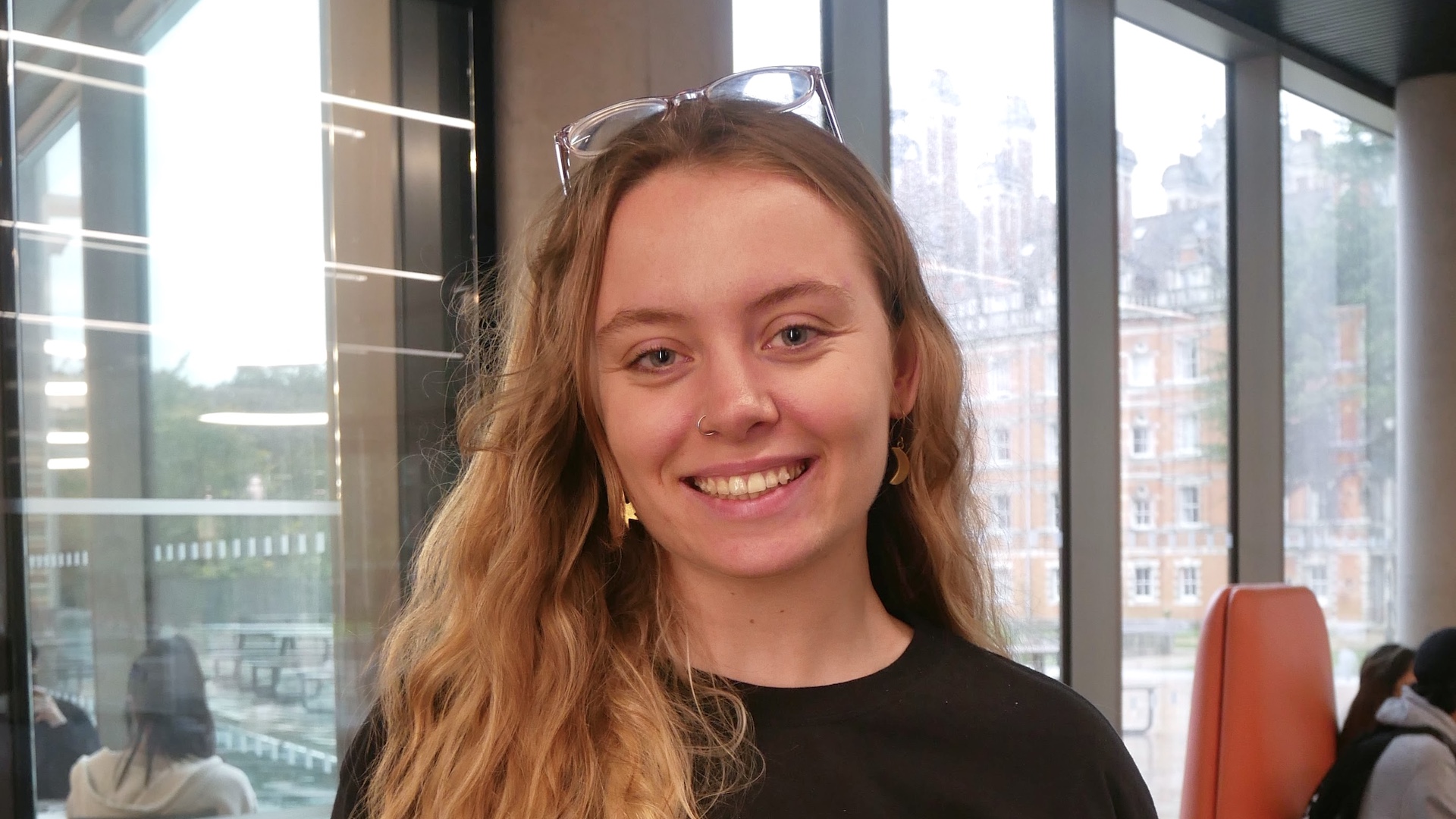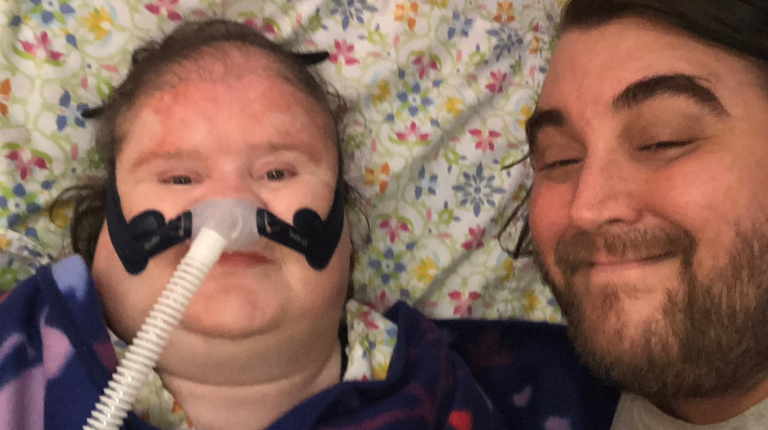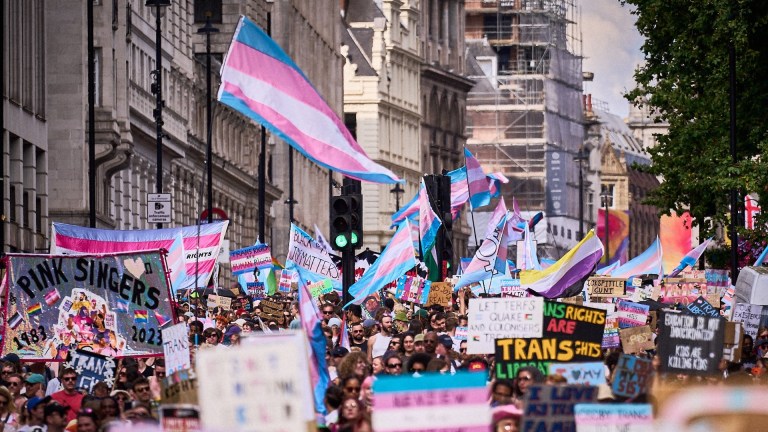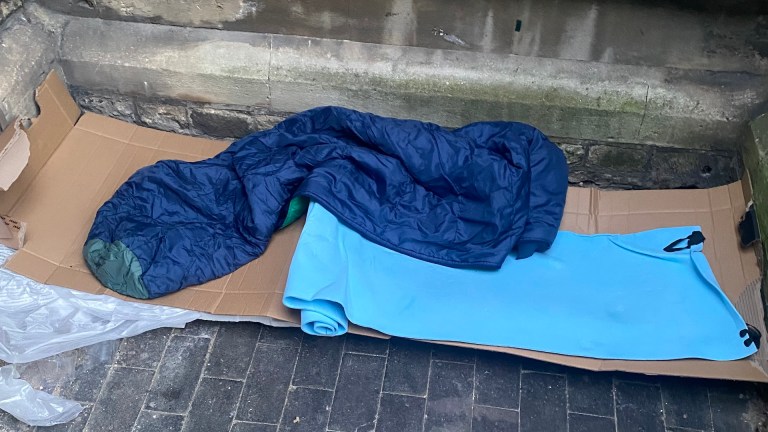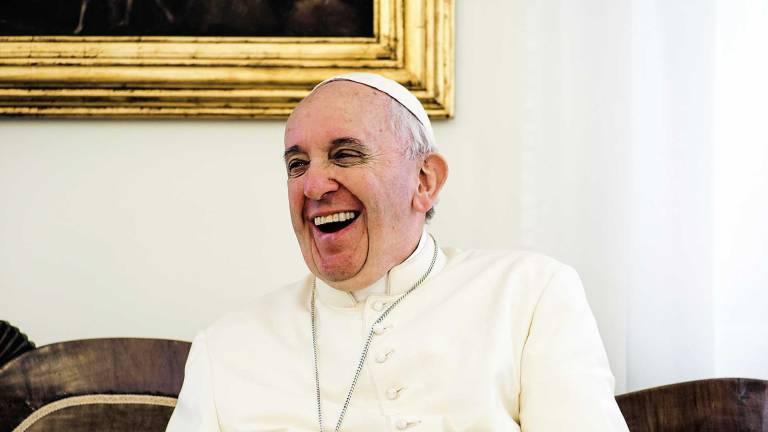Taylor became an independent young person when she left school. “I made the decision to remove myself from the household because I had that choice for the first time,” she tells The Big Issue. “But it wasn’t easy. I was meant to go to university and I was on track, but I had a mental health crisis.”
She felt she had to escape and so she left for Australia with very little money, but it taught her that there was no running away from her past. Taylor faced post-traumatic stress disorder and depression, and the more she tried to bury it the worse it became.
“Even today, I’m still processing what happened and grieving. It felt like half of me had died because I had to live independently and grow up so quickly. I became fully estranged from my parents aged 21 and that was a whole another load of trauma on top of it. I never knew I would face that. I never felt that I had been able to be my childhood self.
“It’s only now that I’m able to do things that heal my inner child and do things that I wanted to do as a child. Now I’m 23 years old, it feels really weird to want to go outside in the playground or to go trampolining because that’s something I’ve never done before or never had access to. It’s those small things that I am grateful for now.”
Taylor started at Royal Holloway University in 2021. She had the highest level of support from student finance but it wasn’t enough when the cost of living crisis grew worse.
Your support changes lives. Find out how you can help us help more people by signing up for a subscription
Advertising helps fund Big Issue’s mission to end poverty
Most people dip into parents’ bank accounts – almost half of all young people were forced to borrow money from friends or family last year (47%), according to recent research from the Open Data Institute (ODI). But Taylor did not have a safety net.
She was managing to look after herself until last year, when prices soared to dangerous levels. “The cost of living crisis inflamed last year and it escalated,” she says. “That was the most stressed I’ve felt as an adult.”
She was living in a student house with friends and each one of them was struggling, regardless of their family backgrounds. “We were weighing up putting on our heating. Last year our pipes froze quite a lot because we didn’t have the financial capacity for gas, or the understanding that you needed to put your heating on to stop them freezing.
“We just knew we needed to cut spending, but that led to more damage to the pipes and meant we didn’t have the fundamental human right of heating. It was really difficult.”
One in five 18- to 24-year-olds in the UK are living in poverty, according to the ODI. The situation is worse for individuals who have grown up in poverty – and young people who are estranged from their families face further barriers.
Taylor says youth workers from UK Youth pulled her out of her darkest moments. “A youth worker literally saved my life. They would be ringing me daily, even outside of their own working hours, to make sure that I was okay. I had them throughout the whole winter period and I honestly don’t know what I would have done without them.”
Advertising helps fund Big Issue’s mission to end poverty
Taylor is doing better now but she has had to reduce her studies to part-time and take on a full-time job. She is working as a policy and public affairs executive in youth work, which is a role she loves, but she is now having to work 50-hour weeks to keep up with both her studies and job.
“I felt really lonely,” she explains. “My mental health was really quite low. I just felt like I wasn’t flourishing and I decided to move on to full-time work. I know I have the skills for youth work. I had done a lot of volunteering, so I managed to get a new full time role which is amazing, but it’s the fact that I had to make that decision because I can no longer face going to university because of poor mental health and low finances.”
Now, she is passionate about making sure other people do not have to face the same struggles during the cost of living crisis as she has, in her work and as an ambassador for UK Youth.
“For me, it’s making sure that no young person has to wait until 21 years old to reach a youth worker. Luckily I’m okay now but there’s not always a story of perseverance or resilience. In an ideal world, especially from the next government, what I want is for every young person to be supported by a youth worker and for youth work to get the support that it needs from the government.”
Taylor adds: “I wish I didn’t go through the barriers, but at the same time it has allowed me to become such a resilient young person and resonate with a wider community that also faced similar struggles.
“I have a lot of empathy for everyone around me that faces similar things and also a strong sense of social justice. I would tell my younger self I didn’t go through these barriers for nothing, so keep campaigning and keep using your voice and lived experience to shape change in the future for other young people.”
Advertising helps fund Big Issue’s mission to end poverty
Get the latest news and insight into how the Big Issue magazine is made by signing up for the Inside Big Issue newsletter
Do you have a story to tell or opinions to share about this? We want to hear from you. Get in touch and tell us more.
